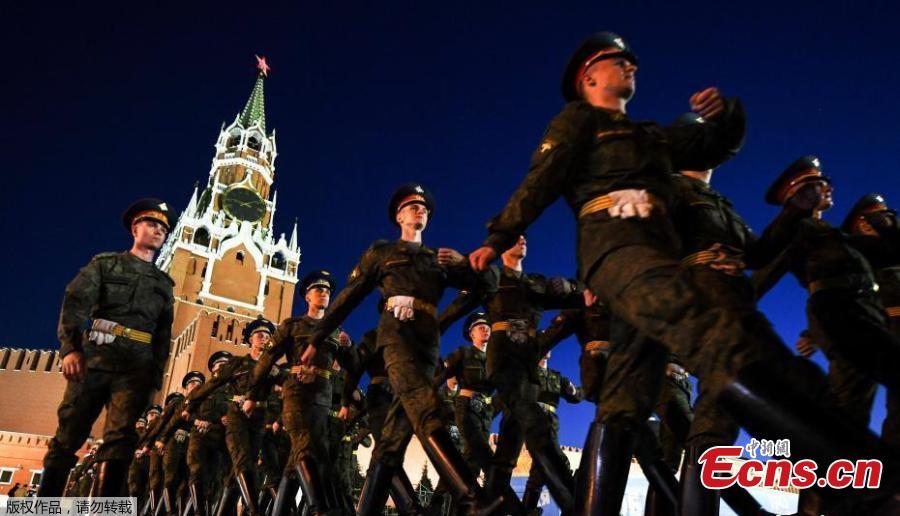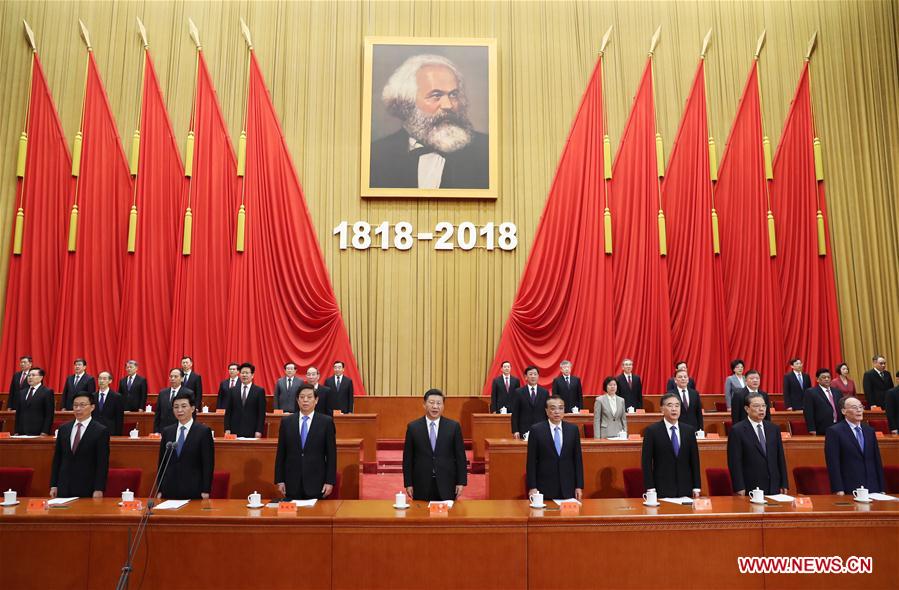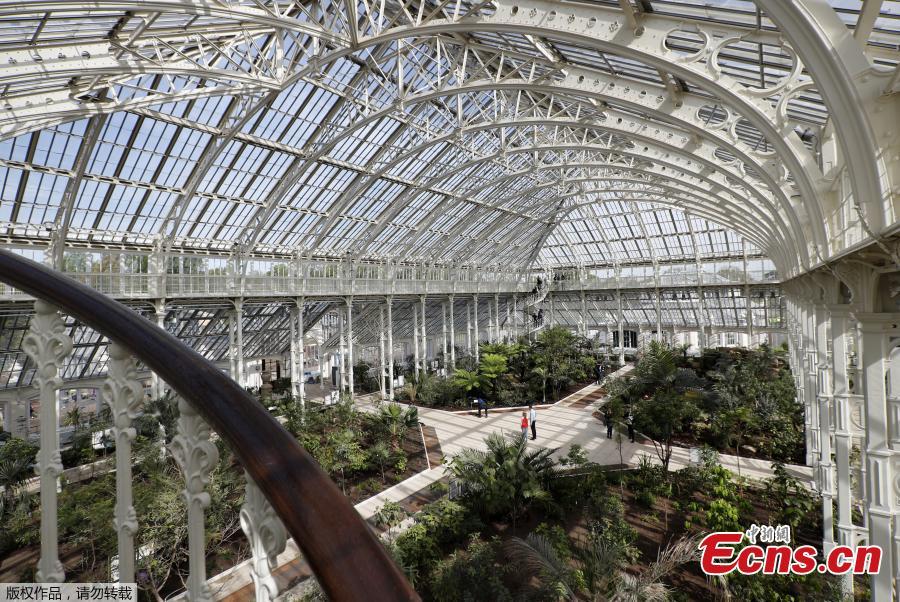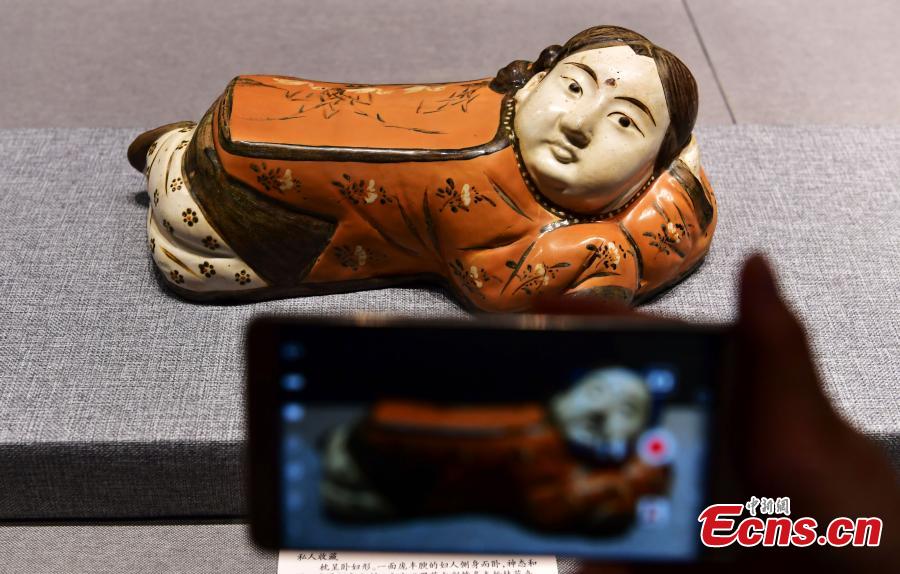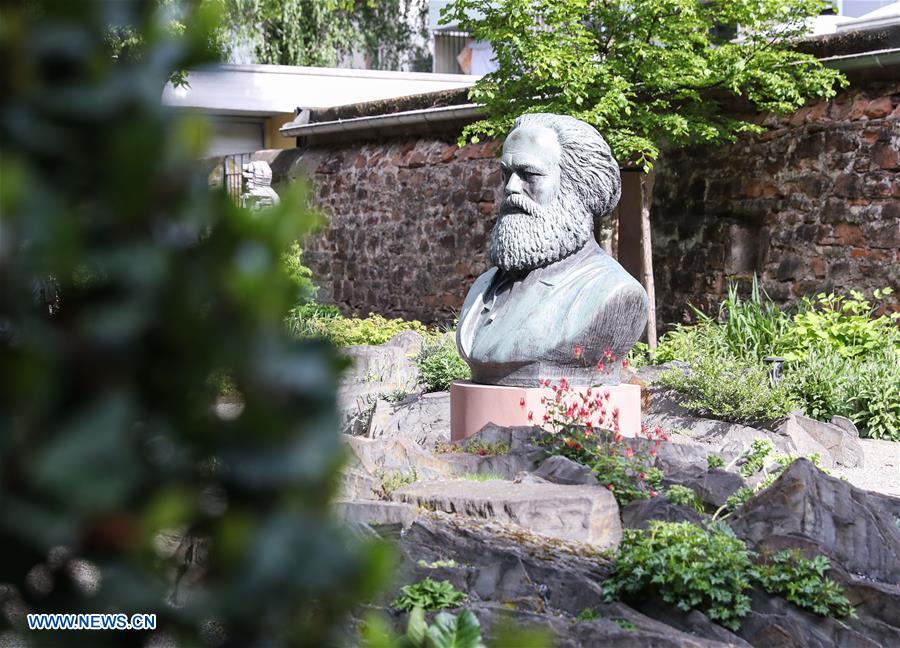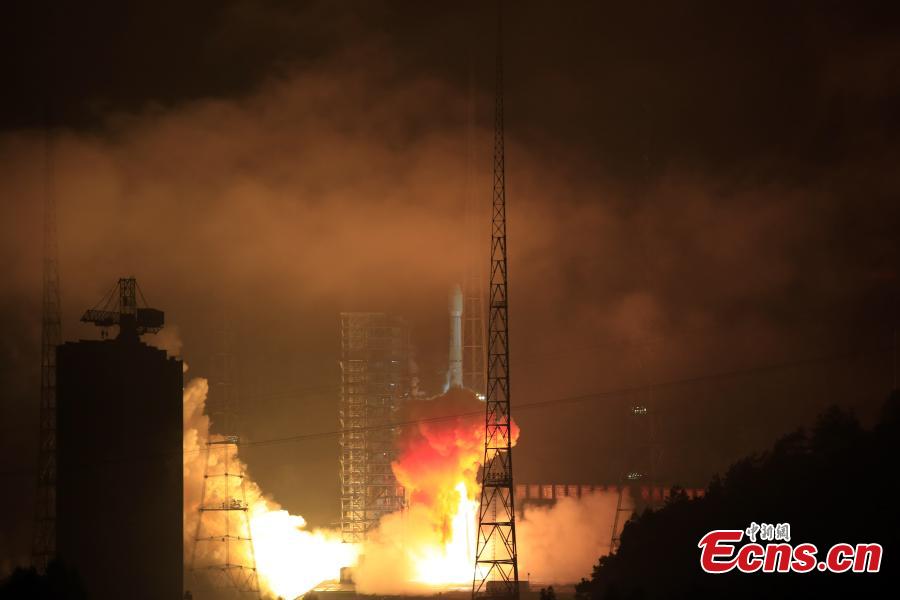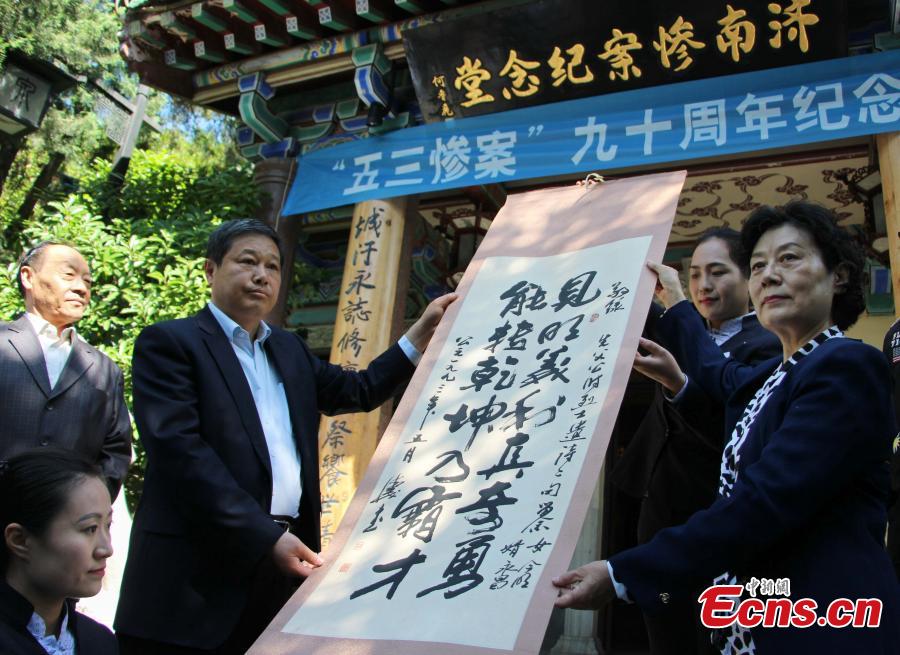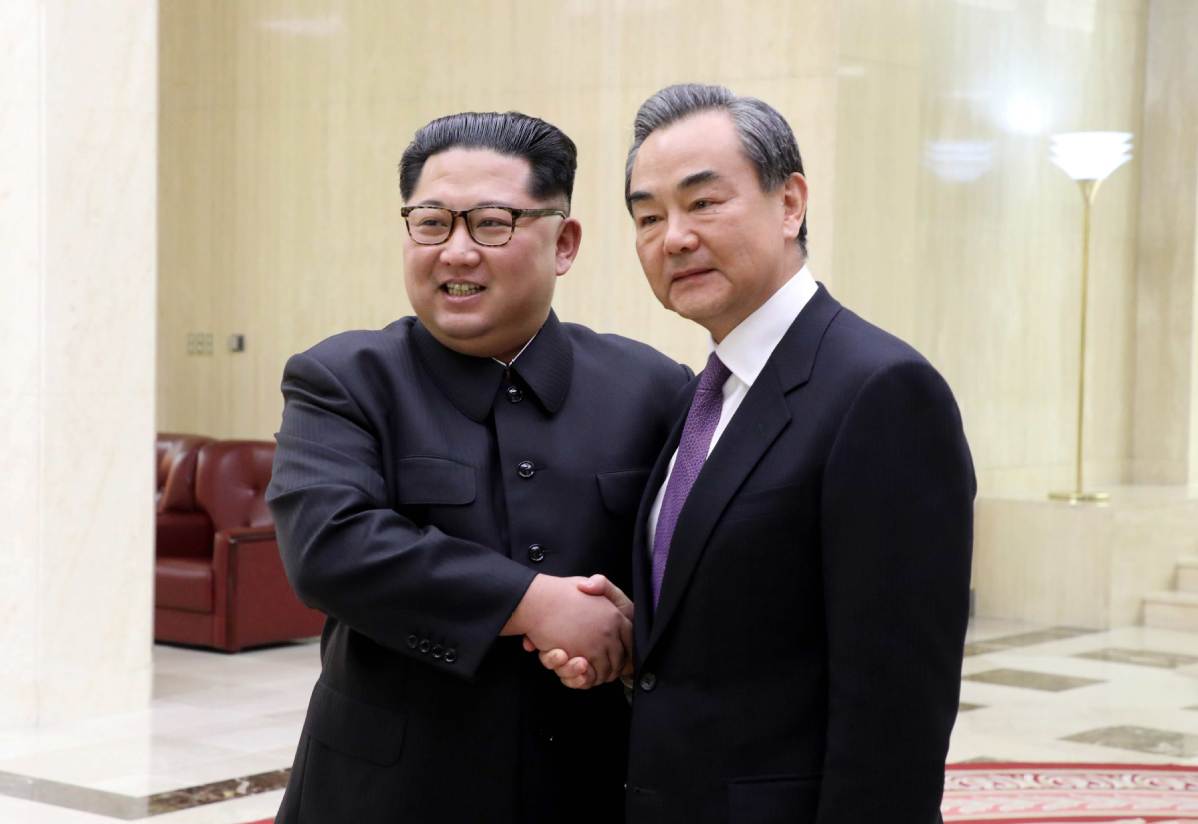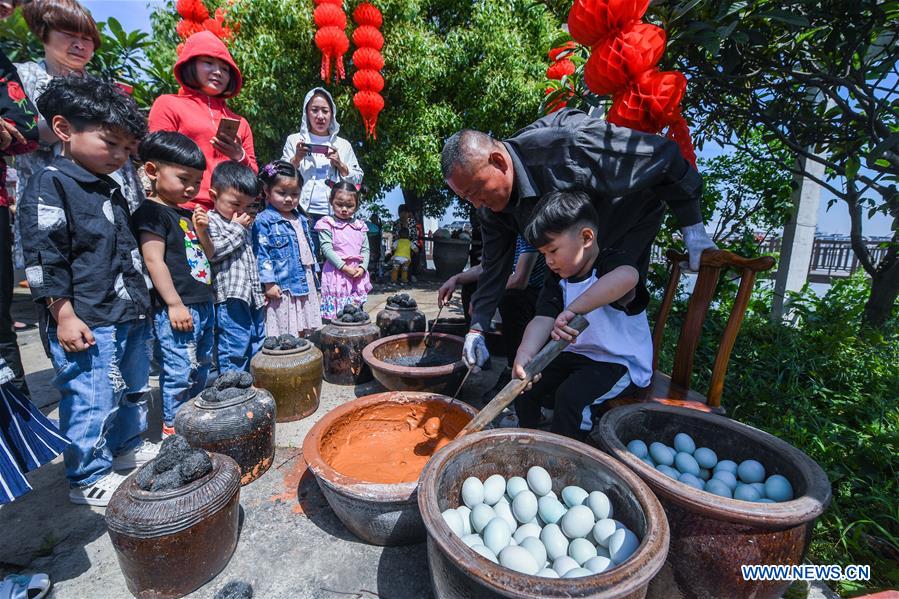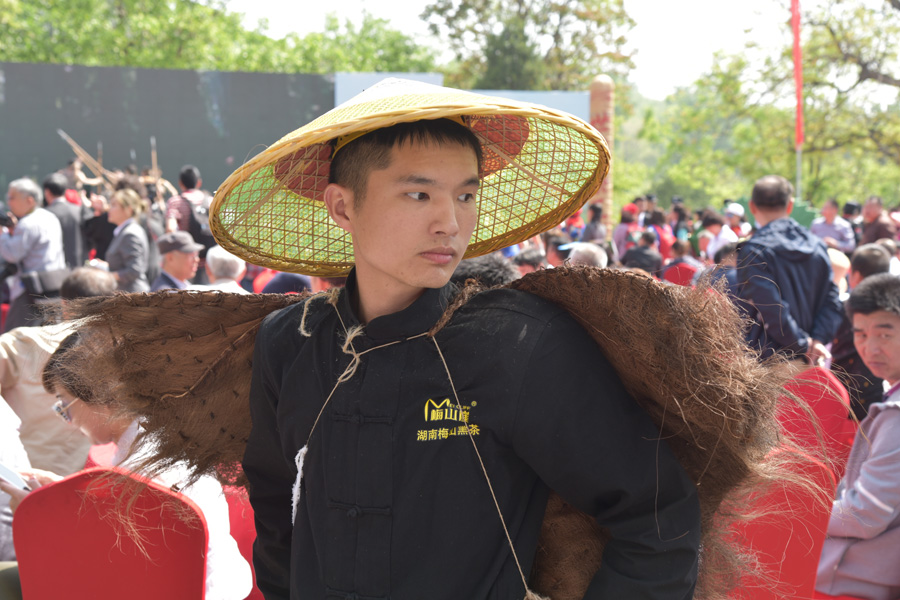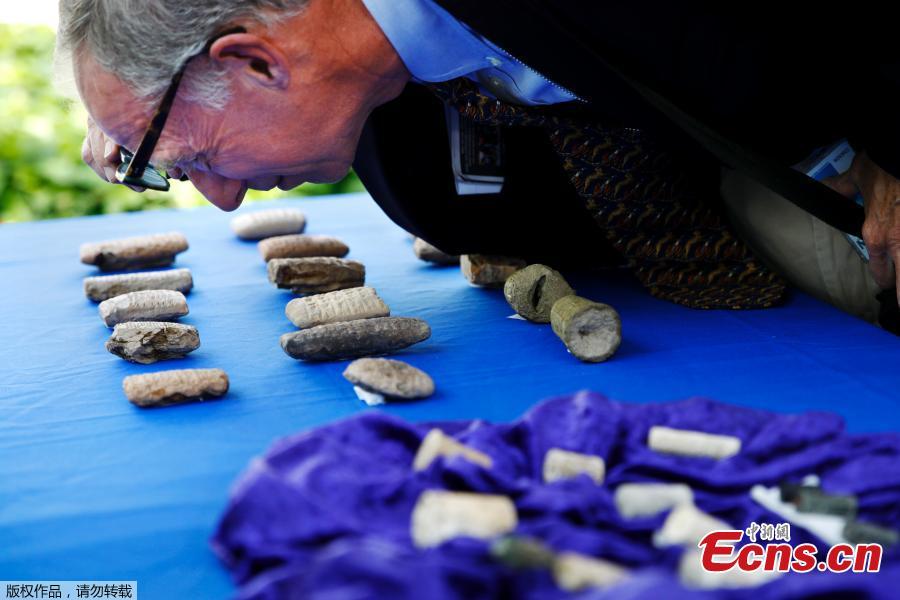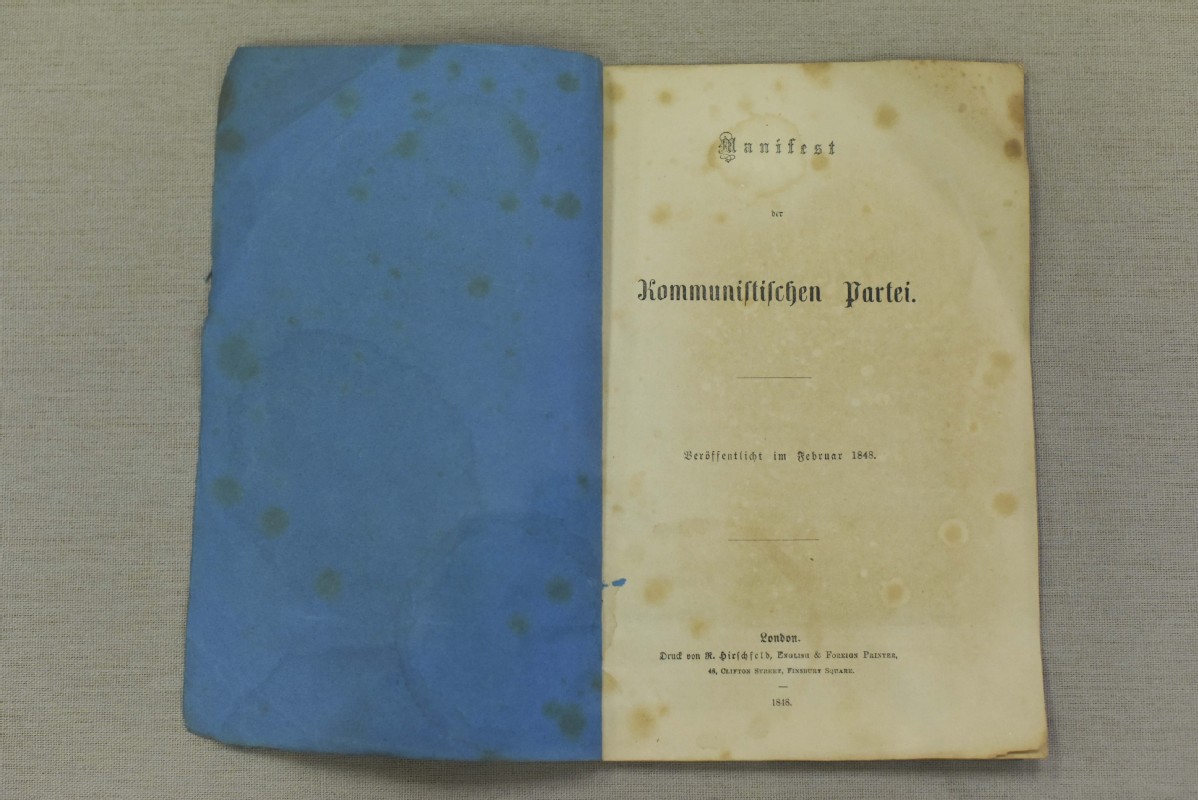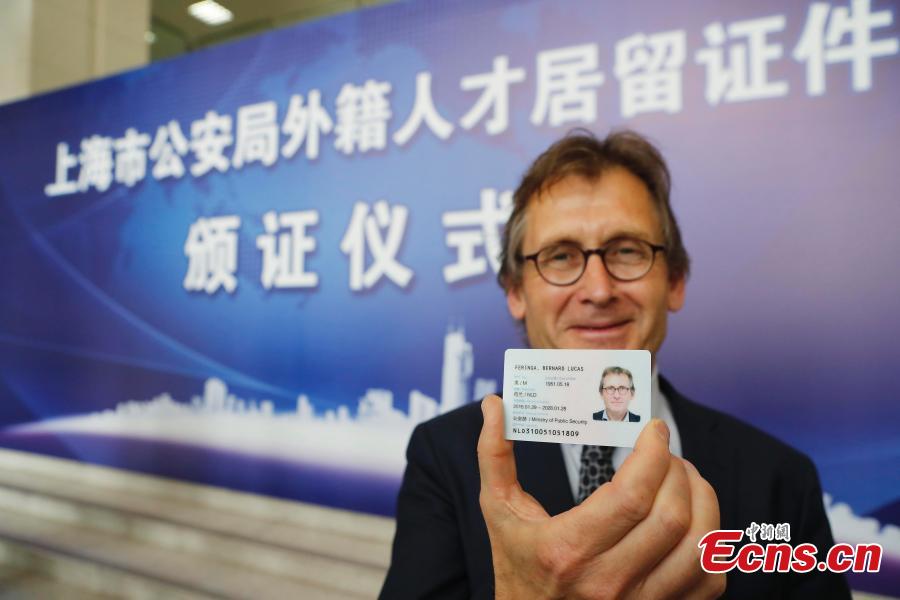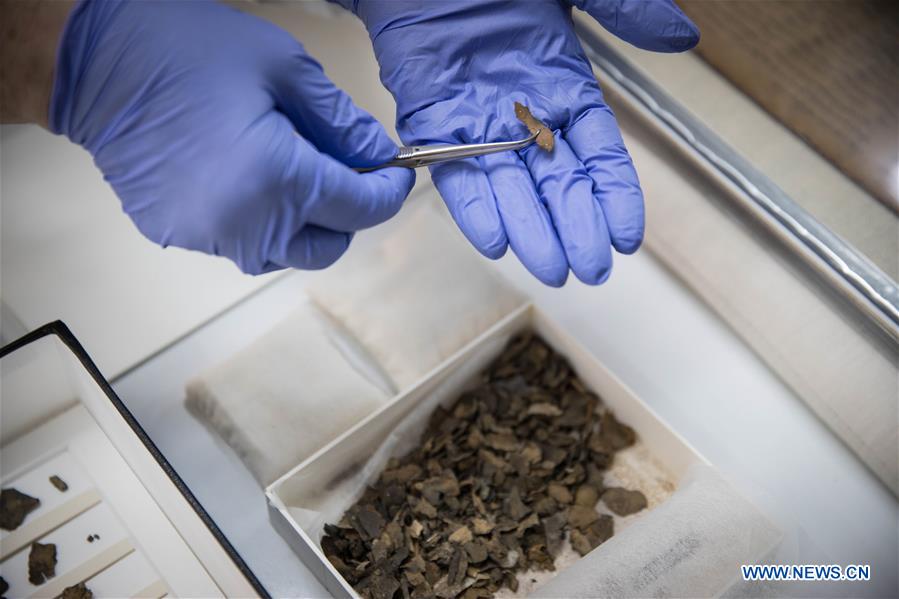Overseas scholars applauded China's creative practice of Marxism by adapting the theory to its changing reality, which ensures its vigor and vitality.
Xi Jinping Thought on Socialism With Chinese Characteristics for a New Era, which embodies Marxism in contemporary China, would push the development of Marxism, they said.
The scholars made the remarks after Chinese President Xi Jinping addressed the grand gathering held in Beijing on Friday to mark the 200th anniversary of the birth of German philosopher Karl Marx.
During his speech, Xi commended Marx as the "teacher of revolution for the proletariat and working people all over the world...the greatest thinker of modern times," and Marxism an open, scientific theory which is able to respond to the new challenges for human society.
"Marxism, for the first time, explored the path for humanity's freedom and liberation from the stance of the people, and pointed out the direction, with scientific theory, toward an ideal society with no oppression or exploitation, where every person would enjoy equality and freedom," said Xi, who is also the general secretary of the Communist Party of China (CPC) Central Committee.
Xi said "Marxism has not only profoundly changed the world, but also China" over the 170 years since the publication of The Communist Manifesto.
Do Tien Sam, former head of the Institute for Chinese Studies of Vietnam Academy of Social Sciences, said the adaptive application of Marxism has made history in China, and "would help China develop further and realize its dream of national rejuvenation."
He said he expected that "by practicing Marxism, the CPC will lead China to tackle various challenges in the future."
China expert Pierre Picard from the University of Paris VIII said that facing a different world more than a century after its birth, "many methodologies of Marxism remain to be effective approaches to analyzing and solving social problems."
The Chinese communists have found a right path for national development by staying with Marxism, he added.
"The Chinese version of practicing Marxism involves Marxist principles as well as new theoretical thinkings such as building a community with a shared future for mankind, reflecting China's own wisdom," said Vladimir Avtonomov, professor at the Moscow-based Higher School of Economics,National Research University.
China has developed and enriched Marxism, he said, attributing the achievements in China's socialist construction to its Chinese characteristics.
Alexander Lomanov, East Asia expert at the International Valdai Discussion Club, said China sees its realities and prospects as well as makes development policies from Marxist standpoints, thus combining Marxist principles with its national conditions.
"Such explorations have been hugely fruitful, securing growth and setting an example for other socialist countries," said the expert of the discussion club, a well-known Russian think tank.
Xi's commemorative speech highlighted a far-reaching influence Marxism has on the theoretical thinking in China since the 20th century, as well as on Xi's thought, said William Jones, the Washington Bureau chief for Executive Intelligence Review news magazine.
Jones said China's remarkable achievements in development made under the guidance of Marxist principles have ignited curiosity and interest worldwide in Marxism.









